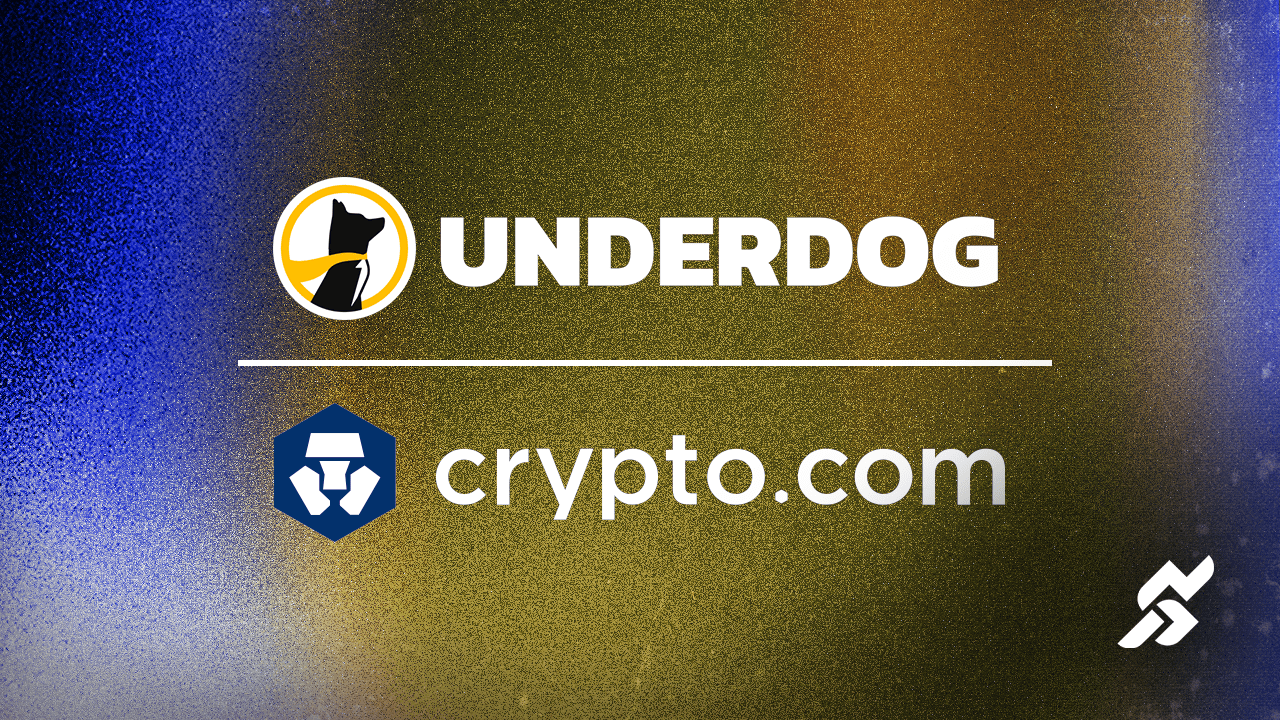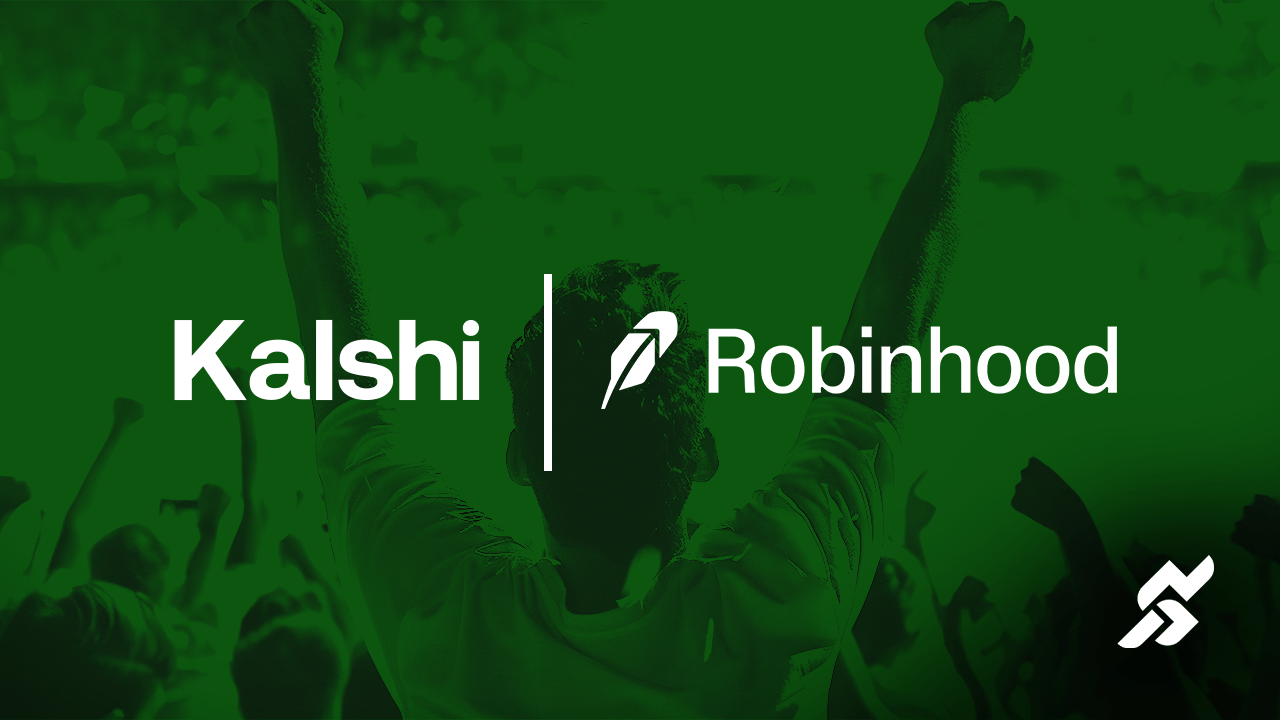How On-Chain Prediction Markets Are Transforming Live Sports Betting in 2024

In 2024, on-chain sports betting moved from crypto niche to mainstream, fundamentally transforming how fans engage with live sports. Powered by blockchain prediction markets, this shift is about more than just new tech – it’s about transparency, access, and a reimagining of what it means to bet on live events. As major players like Crypto. com, Underdog, and Polymarket push boundaries, the lines between traditional sportsbooks and decentralized betting platforms are blurring rapidly.

Major Partnerships Reshape the Betting Landscape
This year saw a flurry of strategic partnerships that brought decentralized live betting to millions of new users. In September 2025, Crypto.com and Underdog announced a landmark deal to offer sports prediction markets in 16 U. S. states – many of which still ban conventional sports gambling. By leveraging blockchain rails, these platforms sidestep regulatory hurdles while providing transparent access to event trading for underserved markets.
Meanwhile, regulated exchanges like Kalshi made headlines by integrating prediction markets directly into mainstream apps like Robinhood. This move allowed users to trade on outcomes of college basketball tournaments alongside their regular stock portfolios (source). The convergence of finance and prediction markets signals a new era where wagering on real-world events is as frictionless as buying shares or crypto tokens.
Why Blockchain Prediction Markets Are Winning Fans
The appeal of decentralized live betting extends far beyond novelty. Blockchain technology solves several pain points that have plagued traditional sportsbooks for decades:
Key Advantages of On-Chain Sports Betting in 2024
-

Transparency and Fairness: All bets and outcomes are recorded on a public blockchain ledger, allowing users to independently verify the fairness of every wager. This eliminates concerns about hidden odds manipulation or opaque settlement processes.
-

Automated, Instant Payouts: Smart contracts on platforms like Polymarket and Crypto.com ensure that winnings are distributed instantly and automatically, removing delays and manual intervention common with traditional bookmakers.
-

Enhanced Security: User funds are held in decentralized smart contracts rather than centralized accounts, significantly reducing risks from hacks or mismanagement. This approach is adopted by leading platforms such as Polymarket and Underdog Sports.
-

Access in Restricted Regions: Partnerships like Crypto.com and Underdog Sports in 16 U.S. states enable users to participate in sports prediction markets even where traditional sports betting is not yet legalized.
-

Lower Fees and Better Odds: By eliminating intermediaries, on-chain platforms often offer lower fees and more competitive odds than traditional sportsbooks, benefiting users with higher potential returns.
Transparency: Every wager is recorded immutably on-chain for anyone to audit – no more opaque odds or hidden fees.
Security: Smart contracts hold funds in escrow until outcomes are verified, minimizing counterparty risk and eliminating bookmaker manipulation.
Payout Speed: Automated settlements mean winners receive funds instantly once results are finalized.
Global Access: Crypto-native platforms bypass banking restrictions and serve users worldwide – especially valuable in regions with limited legal options.
This combination has fueled explosive growth in user adoption across both crypto-savvy bettors and newcomers seeking fairer odds and lower fees.
The Regulatory Tightrope: Opportunity Meets Scrutiny
No innovation comes without challenges. The rapid rise of on-chain prediction markets has drawn increased attention from regulators concerned about consumer protection and gambling among younger demographics. When Robinhood launched its March Madness-related prediction hub powered by Kalshi, Massachusetts regulators quickly opened an investigation (source). Similarly, Polymarket faced legal pressures that led to restrictions for U. S. -based users (source). Yet these headwinds haven’t slowed innovation; instead they’re forcing platforms to build with compliance in mind from day one.
As regulation evolves, leading web3 betting platforms are prioritizing KYC procedures, geofencing, and transparent governance. The most successful projects in 2024 have struck a pragmatic balance between decentralization and regulatory engagement, allowing them to scale without running afoul of the law. This is especially true for hybrid models like Kalshi and Robinhood’s partnership, which blend traditional compliance with the open-access ethos of blockchain prediction markets.
For users, this means more reliable access to decentralized live betting: with fewer worries about sudden platform shutdowns or frozen funds. However, it also signals the end of the wild west era for on-chain sports betting; expect ongoing debates about age verification, tax reporting, and responsible gambling features as the space matures.
What’s Next: Perpetual Markets and Real-Time Event Trading
The next frontier in blockchain prediction markets is already emerging: perpetual event markets and in-play trading. Unlike traditional parlays or fixed-odds bets, perpetuals allow users to take long or short positions on outcomes throughout a live event, mirroring crypto derivatives trading. Platforms like Levr Bet are pioneering this model by letting fans trade their conviction on every play or momentum shift during a match. This introduces new strategies for sports fans who want to hedge or amplify their exposure in real time.
This dynamic approach is attracting not just retail bettors but also sophisticated traders who thrive on volatility and price discovery. As liquidity deepens and user interfaces improve, expect these real-time markets to become the norm for high-engagement sporting events, from World Cup qualifiers to NBA playoffs.
Community-Driven Innovation: The GambleFi Effect
The rise of “GambleFi”: where DeFi meets online gaming, is fueling a new wave of community-centric innovation in crypto sports betting platforms. Tokenized incentives, DAO governance models, and crowd-sourced odds creation are empowering users to shape the future of betting ecosystems themselves. Projects highlighted by Team RockawayX are building social layers atop on-chain infrastructure, making every bet part of a broader community experience rather than just an isolated wager (source).
- User-owned liquidity: Bettors provide liquidity pools in exchange for yield or governance rights.
- Social leaderboards: Top predictors gain reputation, and sometimes profit-sharing, boosting engagement.
- No house edge: Odds are set by market participants rather than centralized bookmakers.
This shift toward democratized betting is helping platforms attract crypto-native communities while lowering costs for all participants, a win-win that’s hard to match in legacy systems.
The Road Ahead: From Niche to New Normal?
If 2024 was the year that on-chain sports betting proved its staying power, 2025 will be about scaling responsibly. Expect continued convergence between regulated exchanges and decentralized protocols as both sides learn from each other’s strengths, and weaknesses. While regulatory uncertainty remains a hurdle in some jurisdictions, the momentum toward open access, transparency, and instant settlement feels irreversible.
The ultimate winners will be fans who demand more control over their bets, and platforms that deliver fairer odds with ironclad security. For crypto enthusiasts and newcomers alike, blockchain prediction markets offer a glimpse into what trustless wagering can look like at global scale.








